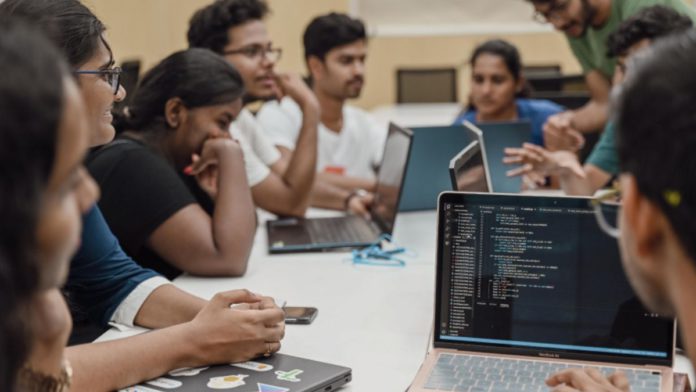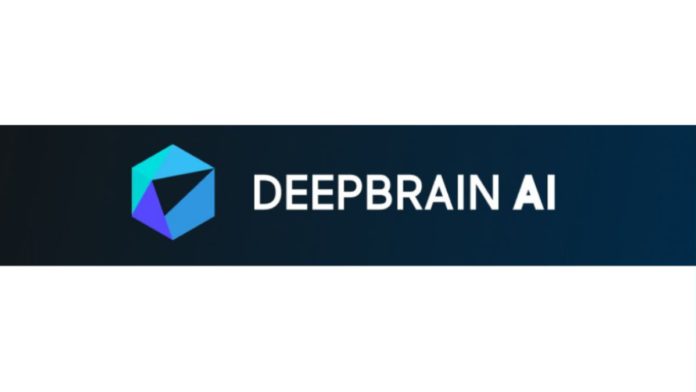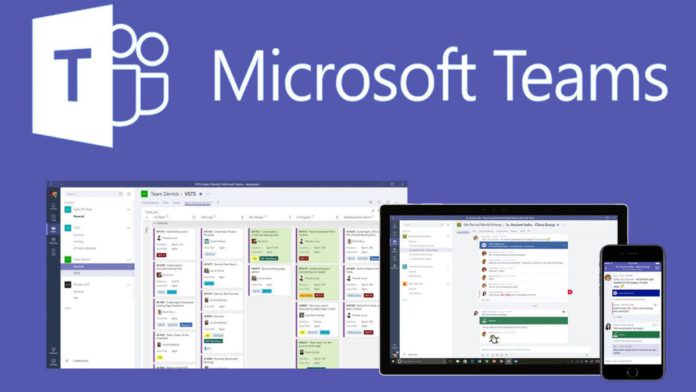Tredence, a leading data science solutions provider, announced that its care management platform HealthEM.AI had won NASSCOM’s Healthcare Innovation Challenge 3 in inpatient volume prediction based on outpatient volume category.
Organized by NASSCOM Centre of Excellence (CoE), IoT & AI, the challenge aims to encourage tech innovation in the healthcare industry by making it efficient and more accessible.
HealthEM.AI is Tredence’s care management platform that enhances healthcare outcomes at scale and speed by converting data into actionable insights. The platform facilitates a strong foundation for healthcare providers to deliver critical wins associated with value-based care. The platform does this by identifying the future cost of the patient, identifying rising risk patients, enabling AI/ML predictive modeling, and improving care management productivity and effectiveness.
Read More: NASSCOM Announces the Winners of its AI Game Changers Program
Built by data science and medical science professionals, HealthEM.AI facilities value-based care through modern machine learning and AI models while optimizing costs for healthcare providers and payers at the same time.
NASSCOM’s Healthcare Innovation Challenge focuses on accelerating the impact of digital technology in the healthcare sector. The program is an initiative of the NASSCOM Center of Excellence. This collaborative innovation platform helps deep-tech startups and companies leverage cutting-edge technologies to create market-ready products.
According to Tredence CEO and Co-founder Shub Bhowmick, with the health industry transforming from a fee-for-service model to value-based care, the adoption of AI to deliver personalized patient care has gained more attention. HealthEM.AI provides value-based care by optimizing revenues, operational efficiency, and patient experience with an accurate risk prediction, recommendation, and prioritization engine.











